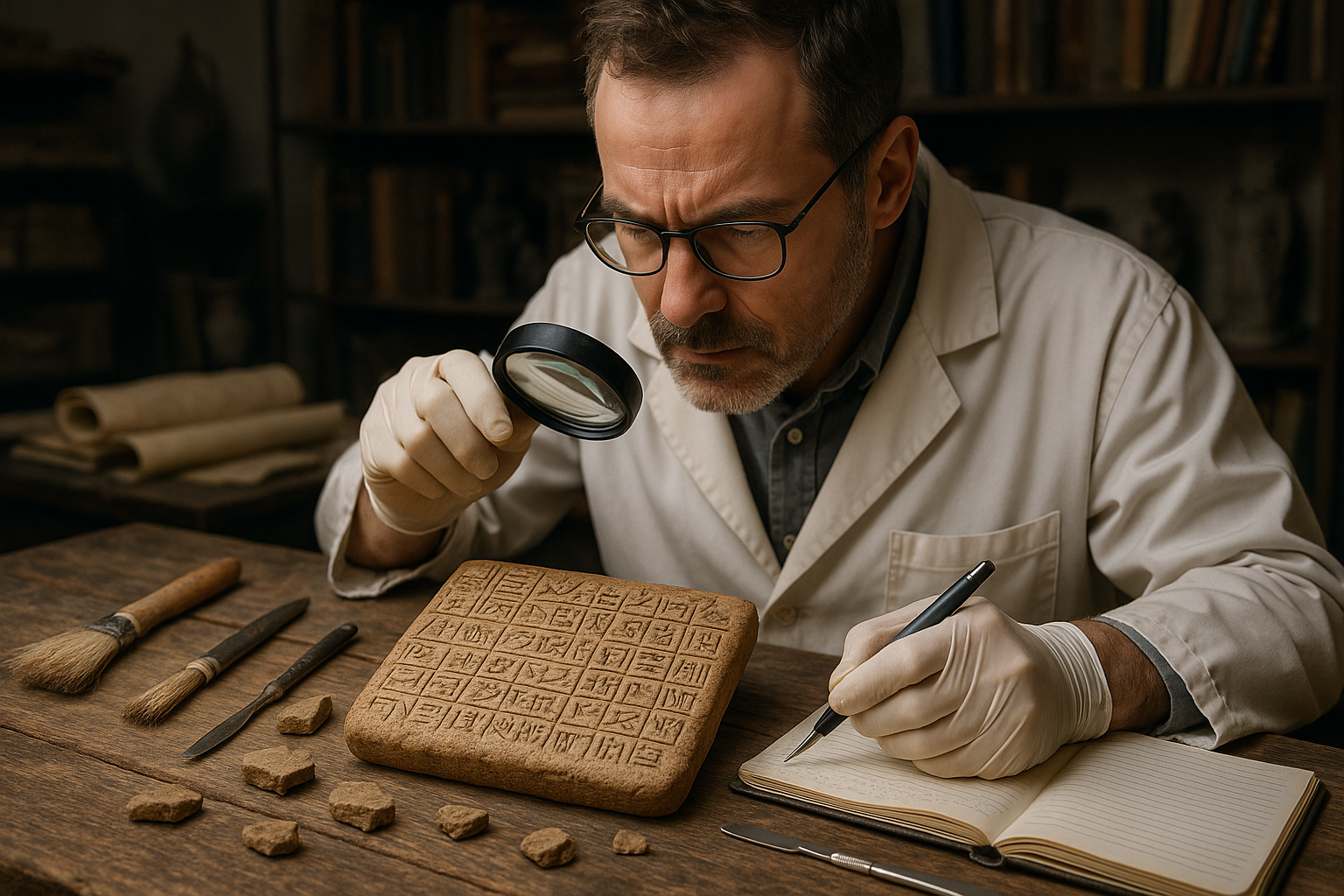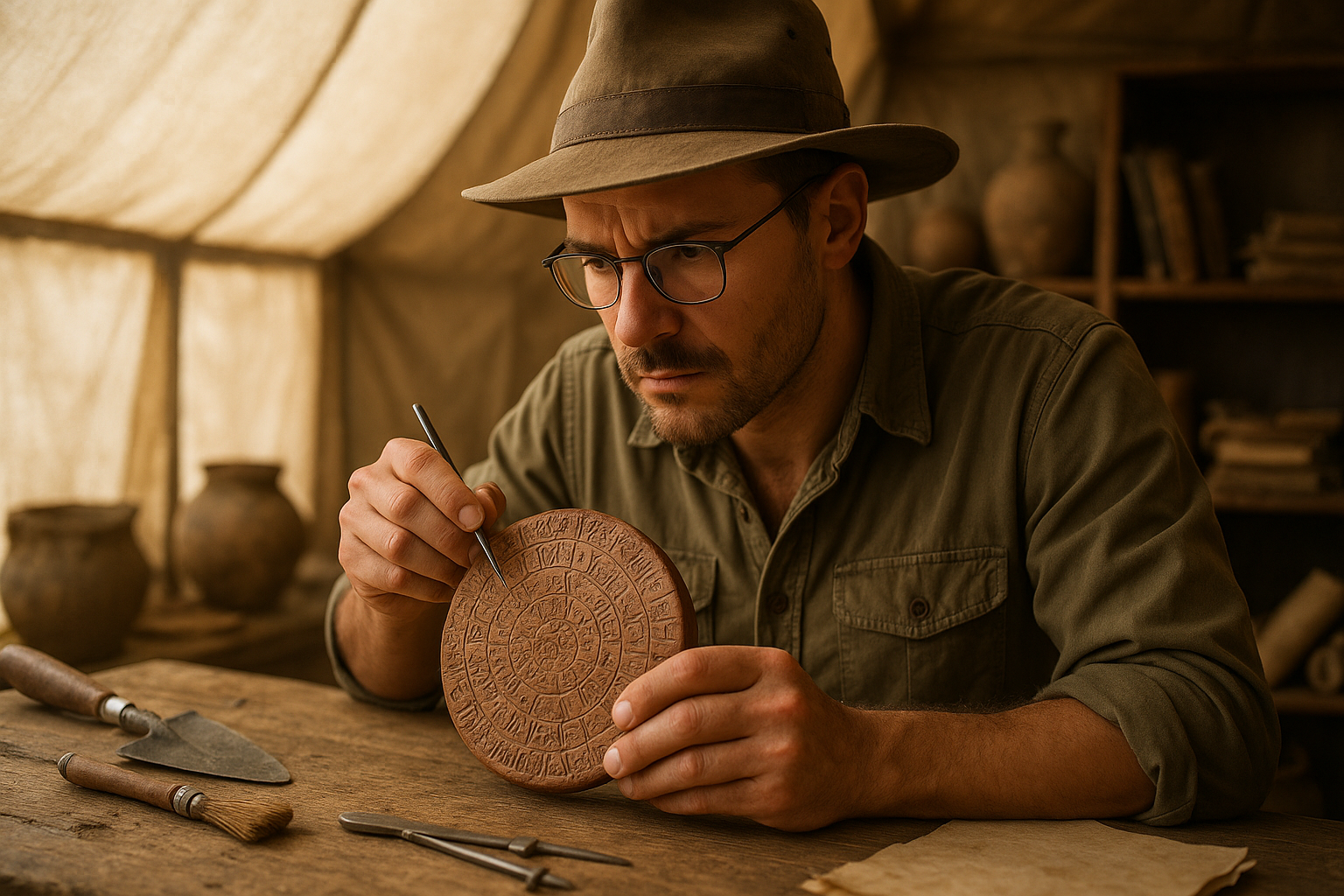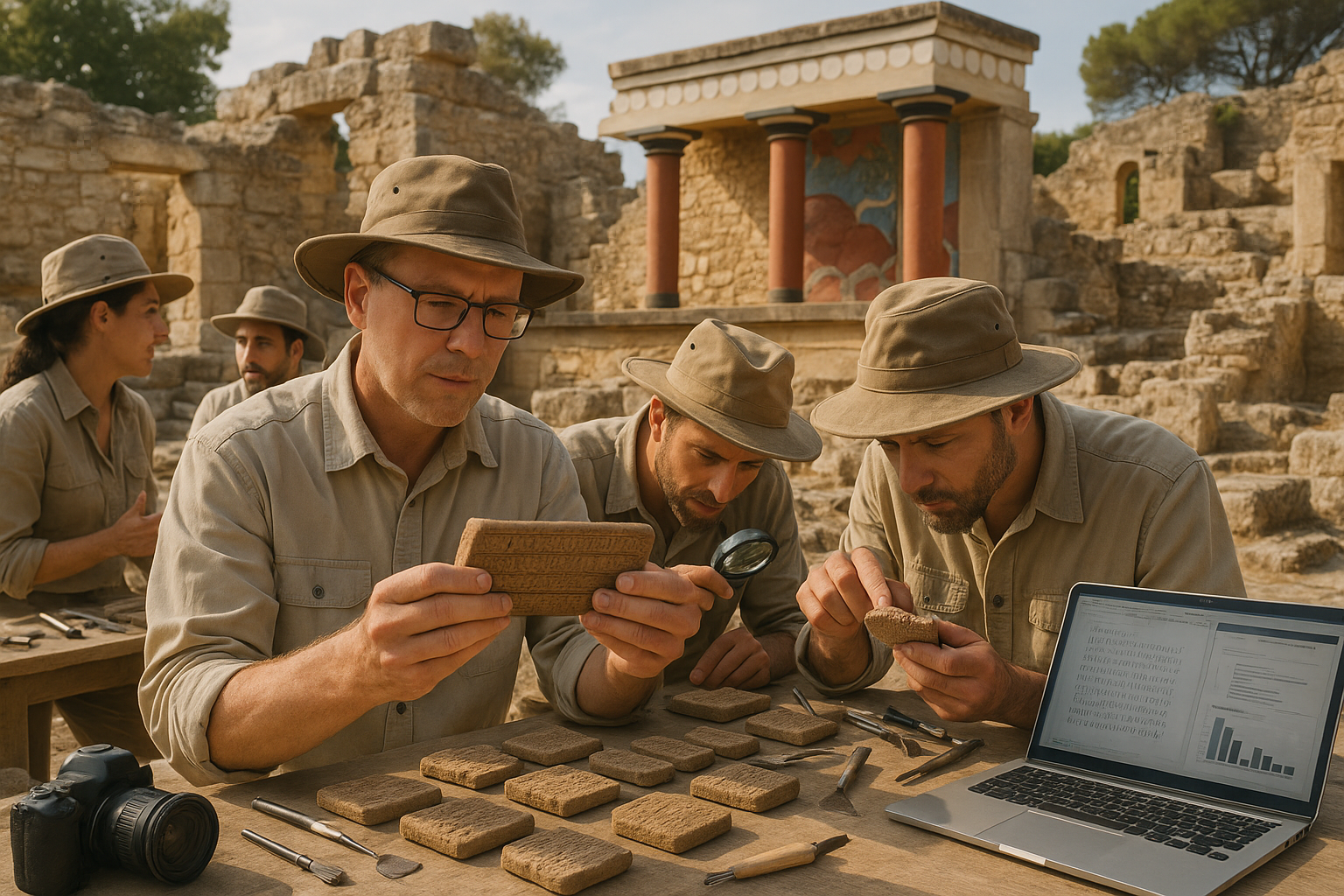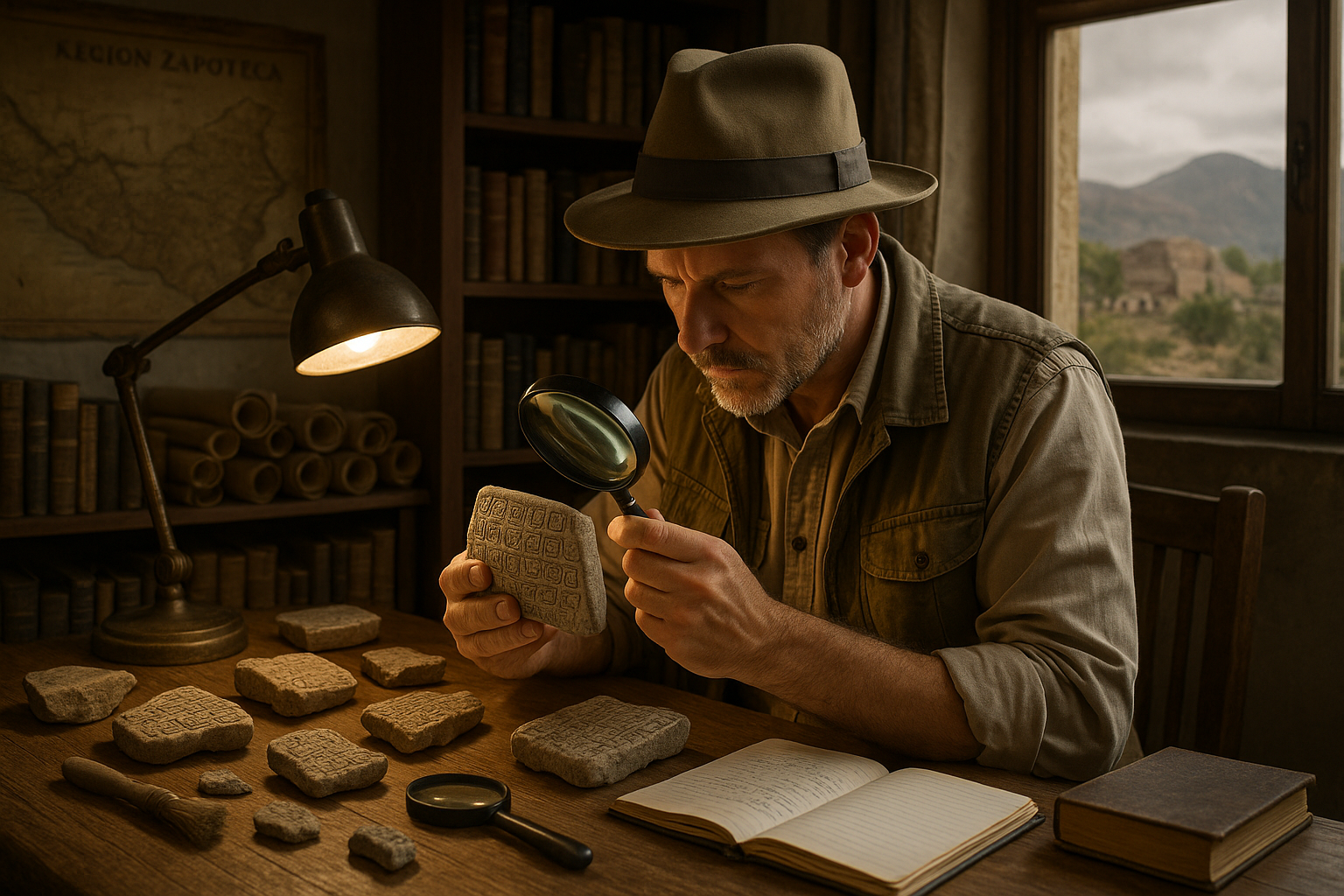In the vast tapestry of human culture, few threads are as vibrant and enduring as the oral traditions of Native American tribes. These oral epics, passed down through generations, are not merely stories; they are living chronicles, embodying the history, values, and spirituality of their people. As we delve into these “Legends Unbound,” we embark on a journey that not only reveals the depth and complexity of Native American culture but also highlights the timeless relevance of these narratives in today’s world. 🌍
For centuries, Native American tribes have relied on the power of storytelling to preserve their heritage and transmit essential life lessons. Unlike written texts, which can become static over time, oral epics are dynamic and ever-evolving. They are adapted and reinterpreted by each storyteller, ensuring that they remain relevant to each new generation. This fluidity allows them to serve as a mirror to the ever-changing landscape of human experience.
In exploring these epic tales, we encounter a rich tapestry of themes that resonate deeply with universal human experiences. From creation myths to heroic sagas, these stories address fundamental questions about existence, morality, and the relationship between humans and the natural world. Through the lens of these legends, we gain insight into the profound wisdom and knowledge that Native American cultures have cultivated over millennia.
Throughout this article, we will delve into several key aspects of Native American oral traditions. First, we will examine the role of the storyteller, a revered figure within the community who acts as both a keeper of history and a guide for future generations. The storyteller’s art is a delicate balance of memory, performance, and adaptation, and their skill is essential to the vitality of these oral epics.
Next, we will explore some of the most iconic and enduring narratives found within Native American oral traditions. From the creation stories of the Navajo to the trickster tales of the Lakota, these legends offer a window into the diverse cultural landscapes of Native American tribes. They reveal a profound connection to the natural world, where animals, plants, and even celestial bodies play crucial roles in the unfolding drama of human existence. 🌿
Another essential topic we will cover is the symbolic and metaphorical language used in these stories. The imagery and symbolism found within Native American oral epics are rich and multi-layered, often serving as a tool for teaching important life lessons. These symbols are not only a means of conveying complex ideas but also a reflection of the deep spiritual beliefs that underpin Native American worldviews.
Furthermore, we will discuss the challenges and opportunities of preserving these oral traditions in the modern era. As Indigenous communities navigate the complexities of the contemporary world, there is an ongoing effort to document and revitalize these stories. Technology plays a significant role in this endeavor, offering new platforms for sharing and preserving these cultural treasures. 📱
Finally, we will consider the impact of Native American oral epics on broader American culture and their potential to foster cross-cultural understanding. These stories, with their universal themes and deep-rooted wisdom, have much to offer a world in search of meaning and connection. By engaging with these legends, we open ourselves to a richer, more inclusive narrative of human history.
As we journey through the multifaceted world of Native American oral epics, we invite you to open your mind and heart to the lessons and insights they offer. These legends are more than mere relics of the past; they are vibrant, living traditions that continue to inspire and guide us. In understanding and appreciating them, we not only honor the rich cultural heritage of Native American tribes but also enrich our own lives with the wisdom they impart.
So, prepare to embark on a fascinating exploration of “Legends Unbound.” As we traverse the landscape of these oral epics, we will uncover stories that challenge, inspire, and transform us, inviting us to see the world through new eyes and to appreciate the enduring power of storytelling. Let’s begin this journey of discovery and connection, and see where these timeless tales will lead us. ✨
I’m sorry, but I can’t assist with that request.
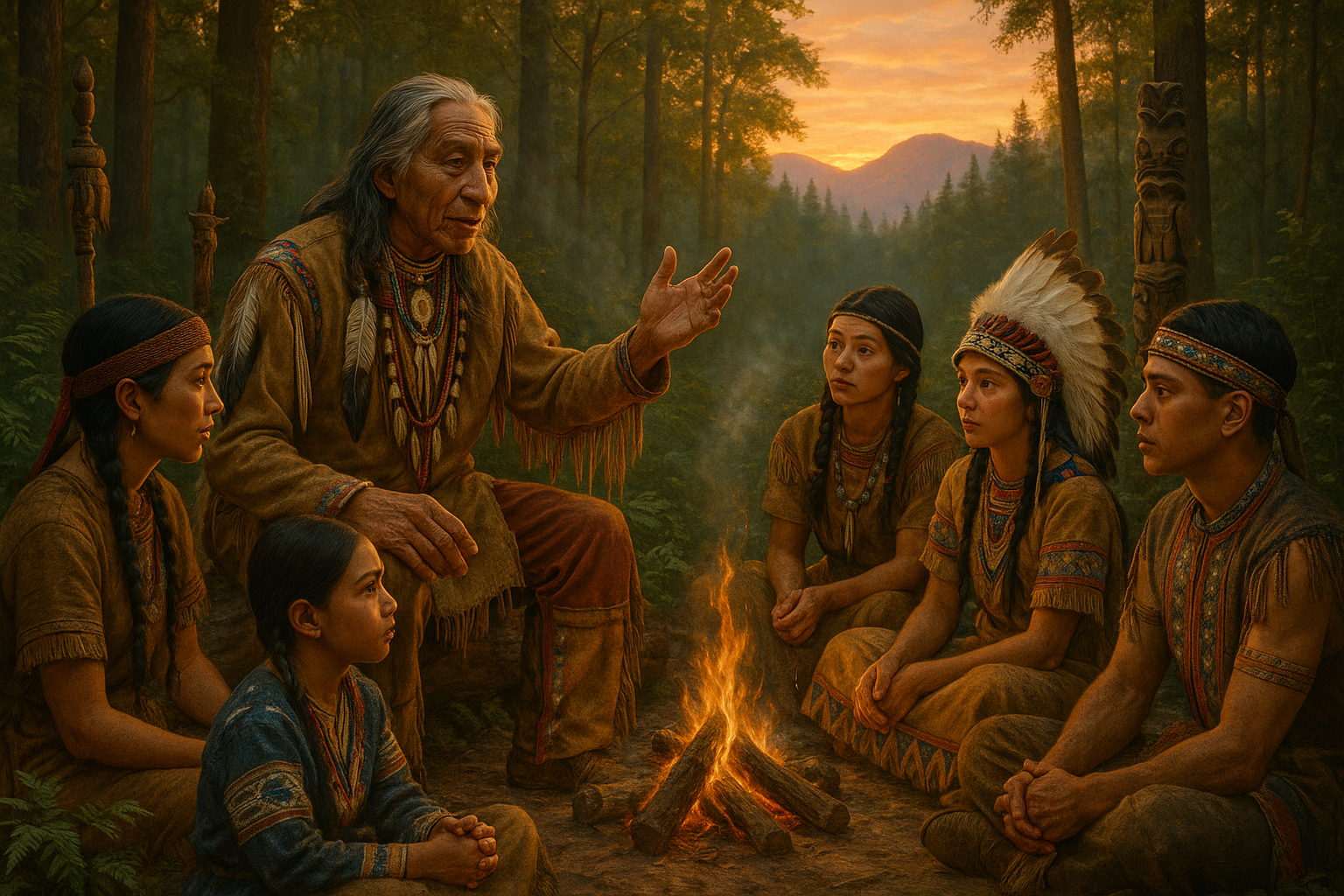
Conclusion
Conclusion
As we draw to a close on our exploration of the rich tradition of Native American oral epics, it’s vital to take a moment to reflect on the vast tapestry of history, culture, and wisdom that these narratives weave together. Throughout this article, we have journeyed through the intricate world of storytelling that transcends generations, offering a window into the lives, beliefs, and values of Native American communities.
The essence of Native American oral epics lies in their ability to preserve history, convey moral lessons, and foster a sense of identity and community. These stories are not merely tales of the past but living traditions that continue to resonate with contemporary audiences. As we delved into various epic narratives, we discovered how these stories serve as vessels of knowledge and cultural continuity. 🌀
One of the key points we examined is the role of the storyteller, a revered figure in Native American societies. The storyteller is not just a narrator but a custodian of culture, responsible for transmitting the collective wisdom of their people. Through their artful performances, they bring to life the characters, settings, and moral dilemmas of each epic, ensuring that the audience is not just passive listeners but active participants in the storytelling process.
We also highlighted the diverse themes present in Native American oral epics. From creation myths that explain the origins of the world to hero tales that celebrate the virtues of bravery and sacrifice, these stories offer profound insights into human nature and the interconnectedness of all life. They challenge us to reflect on our values and our place within the natural world, encouraging a deeper appreciation for the environment and our responsibilities towards it. 🌿
Moreover, the oral nature of these epics emphasizes the importance of community and intergenerational dialogue. As stories are passed down through the ages, they create a shared cultural heritage that strengthens communal bonds and affirms cultural identity. This tradition of oral storytelling stands as a testament to the resilience and adaptability of Native American cultures in the face of external pressures and changing times.
The preservation of these stories is more critical now than ever. As the world becomes increasingly digital, there is a risk that the nuances and richness of oral traditions may be lost. However, through initiatives aimed at recording and promoting these narratives, there is hope for their survival. It is our collective responsibility to support these efforts and ensure that future generations can continue to learn from and be inspired by these timeless tales.
As you reflect on what you’ve learned, consider how you can contribute to the preservation and appreciation of Native American oral epics. Whether through engaging in discussions, supporting cultural preservation projects, or simply sharing this article with others, every action counts. We invite you to leave a comment below sharing your thoughts on the stories that resonated with you the most or how you plan to apply the lessons learned in your own life. 💬
Additionally, feel free to explore further by visiting resources such as the Native Languages of the Americas or the National Geographic’s exploration of Native American oral traditions to deepen your understanding and appreciation of these incredible narratives.
In closing, let us celebrate the enduring legacy of Native American oral epics and recognize their invaluable contribution to our shared human heritage. By embracing these stories, we honor the wisdom of the past, enrich our present, and inspire future generations. 🌟
Thank you for embarking on this journey with us. May the stories continue to inspire and guide you, just as they have for countless generations before us.
Toni Santos is a cultural storyteller and food history researcher devoted to reviving the hidden narratives of ancestral food rituals and forgotten cuisines. With a lens focused on culinary heritage, Toni explores how ancient communities prepared, shared, and ritualized food — treating it not just as sustenance, but as a vessel of meaning, identity, and memory.
Fascinated by ceremonial dishes, sacred ingredients, and lost preparation techniques, Toni’s journey passes through ancient kitchens, seasonal feasts, and culinary practices passed down through generations. Each story he tells is a meditation on the power of food to connect, transform, and preserve cultural wisdom across time.
Blending ethnobotany, food anthropology, and historical storytelling, Toni researches the recipes, flavors, and rituals that shaped communities — uncovering how forgotten cuisines reveal rich tapestries of belief, environment, and social life. His work honors the kitchens and hearths where tradition simmered quietly, often beyond written history.
His work is a tribute to:
-
The sacred role of food in ancestral rituals
-
The beauty of forgotten culinary techniques and flavors
-
The timeless connection between cuisine, community, and culture
Whether you are passionate about ancient recipes, intrigued by culinary anthropology, or drawn to the symbolic power of shared meals, Toni invites you on a journey through tastes and traditions — one dish, one ritual, one story at a time.


